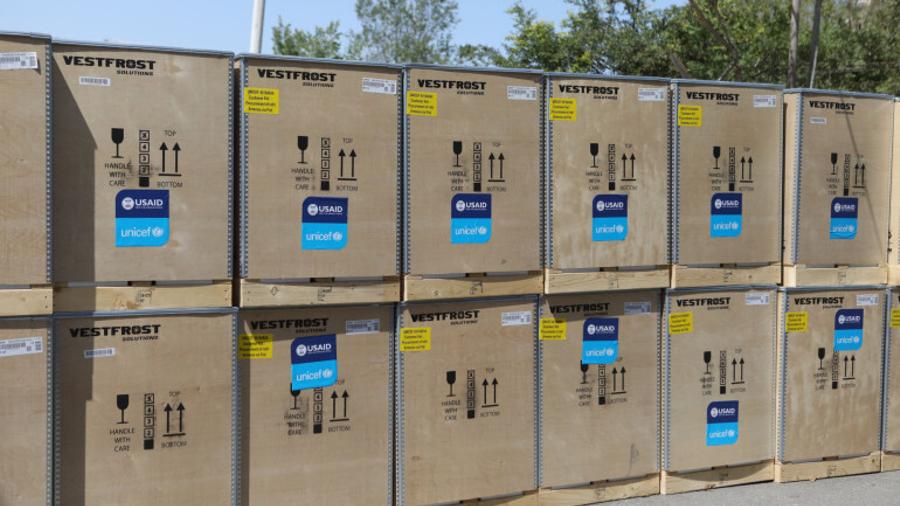
320 freezers and refrigerators provided to the National Center for Disease Control and Prevention (NCDC) to store vaccines
Continuing to support the Ministry of Health's efforts to introduce vaccines against COVID-19, UNICEF, with funding from USAID, delivered the last batch of planned cold chain equipment to Armenia. Due to this support, the capacity of the national cold chain of Armenia was expanded with 5 super-freezers, 205 freezers, and 110 refrigerators.
Ultra-cold freezers have a capacity of up to 300 liters and are designed for the storage of vaccines that require an extremely low temperature of -86°C. Freezers, in turn, ensure the proper storage of vaccines and other medical products in temperature conditions of -25˚C to -15˚C, and refrigerators will store vaccines in temperature conditions of +2˚C to +8˚C.
The Mission Director of USAID/Armenia John Allelo emphasized: “A strong and improved cold chain available to primary care facilities across the country is vital not only to fight against COVID-19 but also to maintain routine vaccines. The delivered equipment will be installed in primary health care facilities. They are critical to providing people and children with vital vaccines. This significant support from USAID and UNICEF comes in addition to the 80 refrigerators, 285 freezers, and three cold rooms delivered in May. All freezers and refrigerators will be distributed to 250 institutions of the RA primary health care system, and the ice rooms will be installed in Yerevan, Shirak, and Vayots Dzor, ensuring the availability of vaccines in all communities," RA First Deputy Minister of Health Lena Nanushyan said.
With financial support from USAID, UNICEF also implemented public awareness campaigns on COVID-19 and vaccination. In addition, in close cooperation with the Ministry of Health and the National Center for Disease Control and Prevention (NCDC) of the Ministry of Health, UNICEF provided training for 5000 primary care workers (pediatricians, family doctors, nurses), improving their skills and knowledge.
"Continued collaboration between USAID, the Department of Health, NCDC, UNICEF, and other national partners is critical to the fight against COVID-19, as well as to the implementation of effective routine vaccinations, providing opportunities for vaccination to the most vulnerable, especially children and women, in order to prevent, detect and respond to future waves of COVID-19 and possible outbreaks of vaccine-preventable diseases," the representative of UNICEF in Armenia Christine Weigand noted.
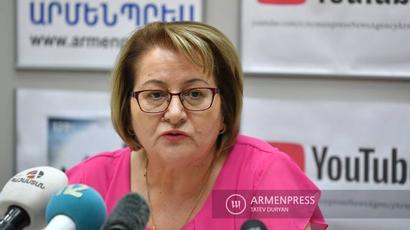
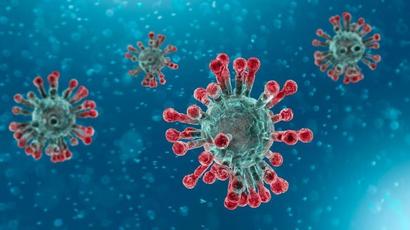
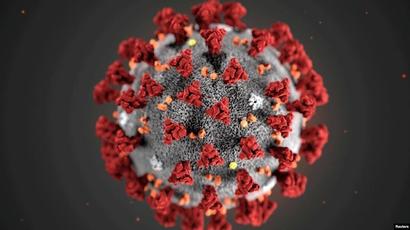
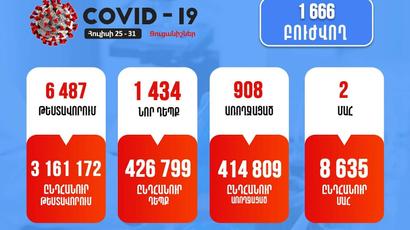


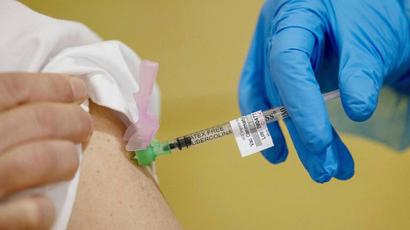
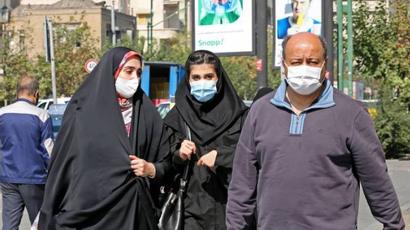
comment.count (0)